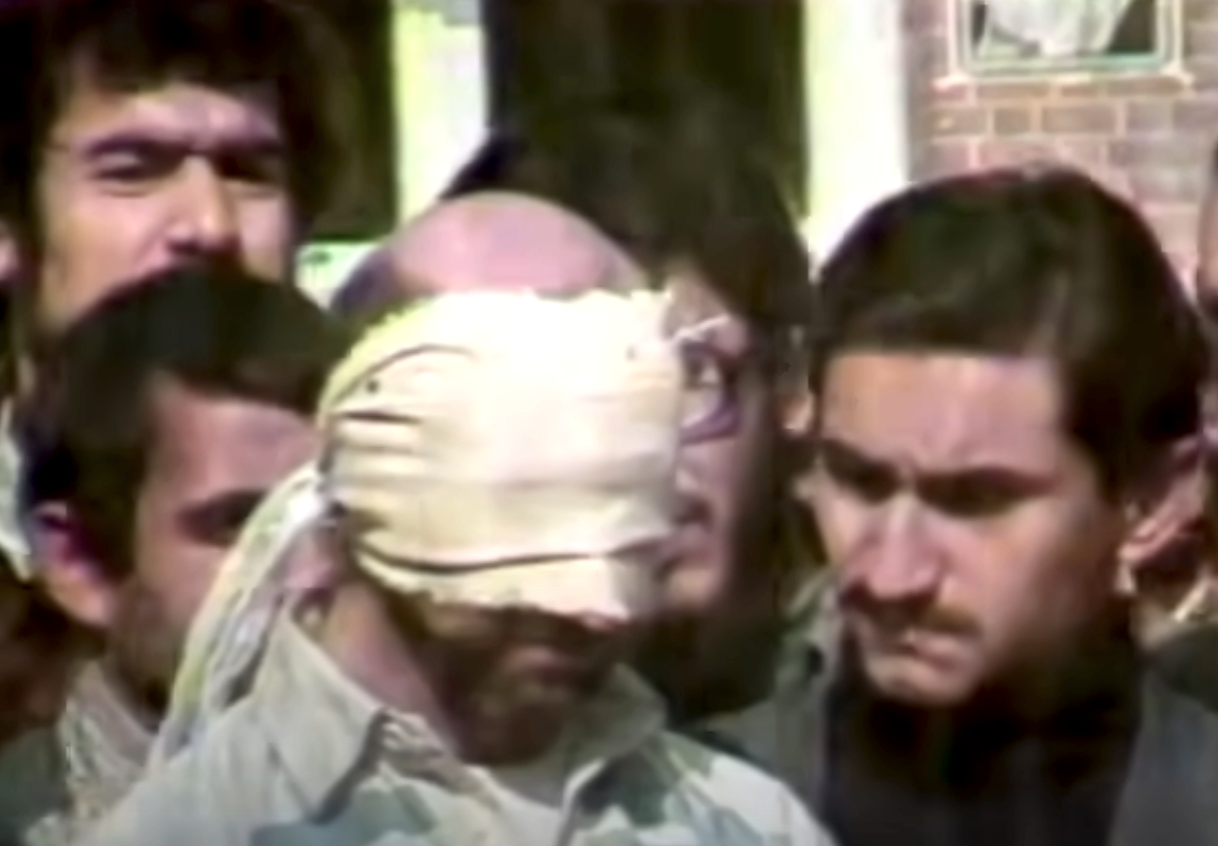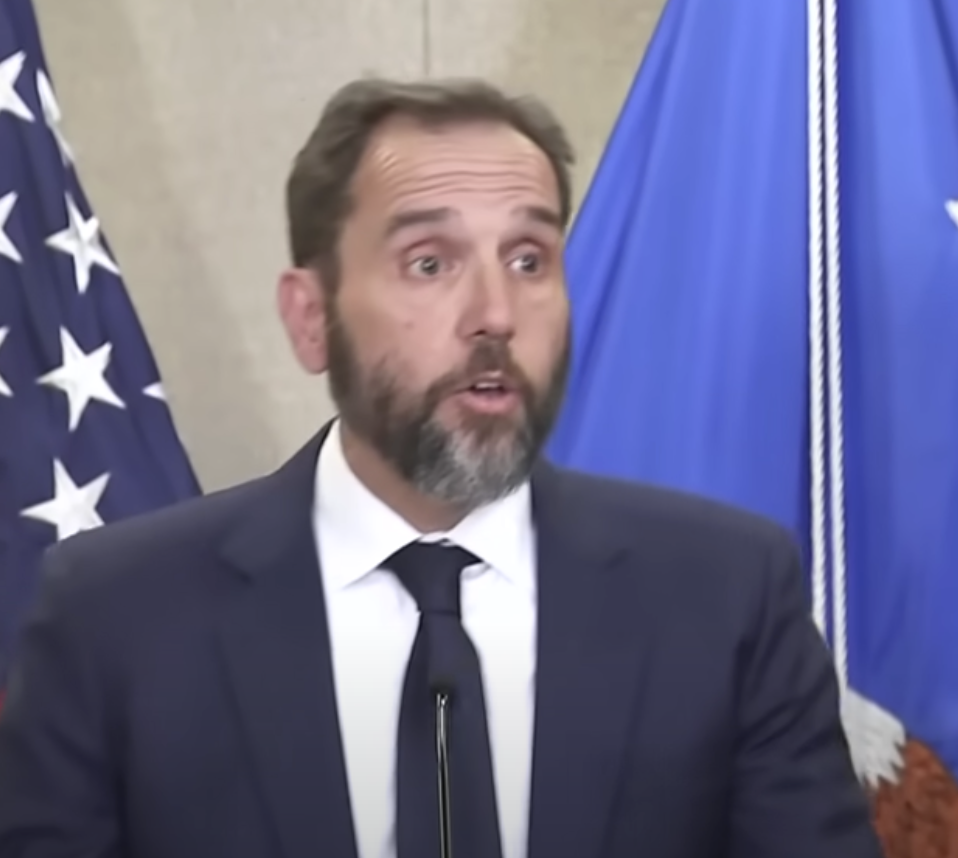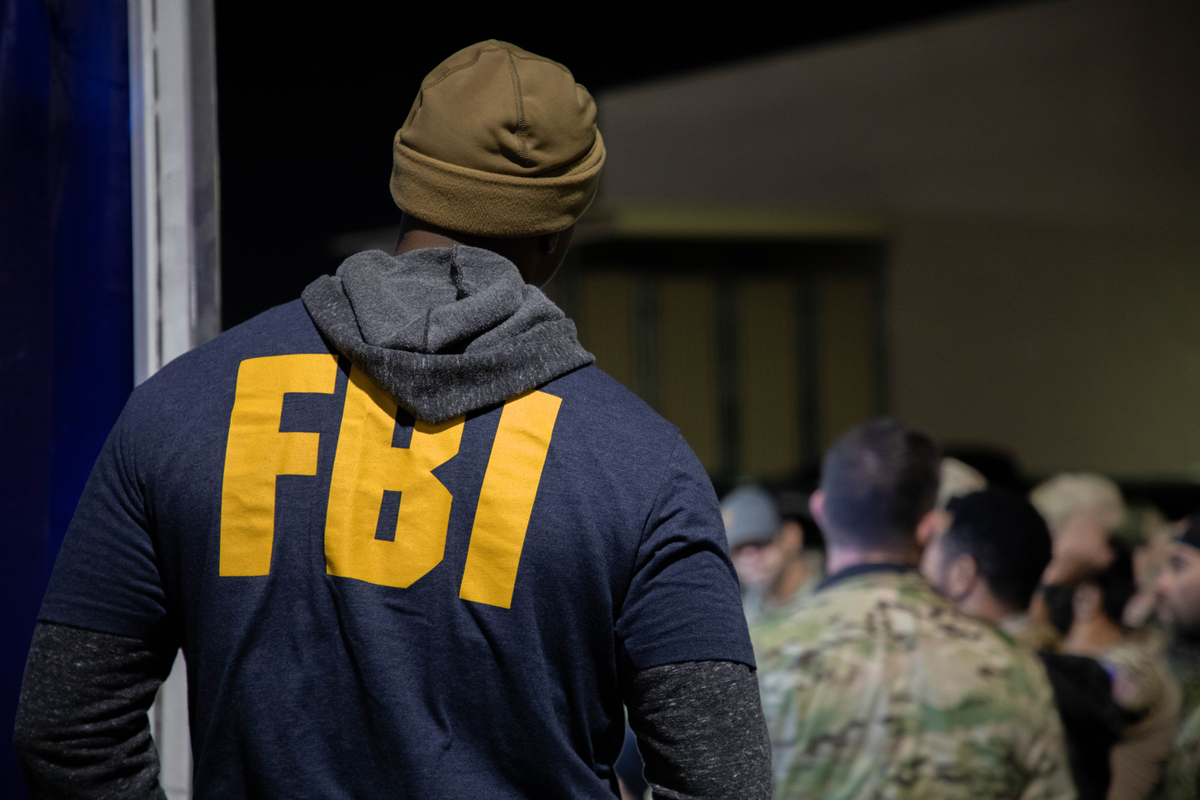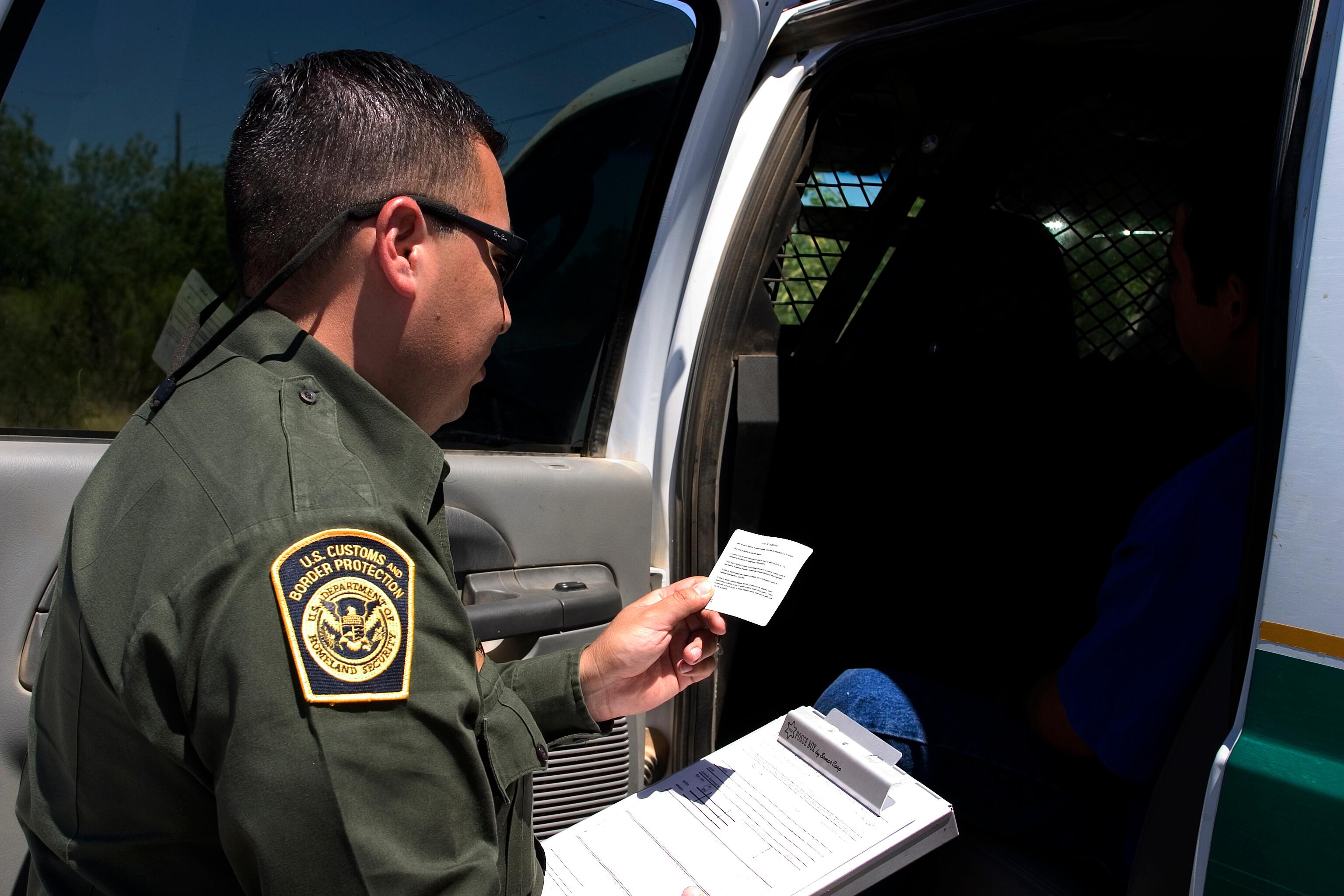By Allan Lengel
A fund for U.S. victims of designated State sponsors of terrorism like Iran has seen a dramatic decrease under the Biden administration. The result has been less money to compensate families, spouses and dependents, who have obtained federal court-judgments against the terrorist-designated nations.
The Department of Justice collects civil and criminal penalties from terrorist-related cases to put into the “Victims of State Sponsored Terrorism Fund.” The cases are against individuals and companies, including banks, doing business unlawfully with designated State sponsors of terrorism, which currently include Iran, North Korea, Syria and Cuba.
Some attorneys representing terrorism victims accuse DOJ of improperly diverting some of the funds into an unrelated Asset Forfeiture Fund to cover DOJ costs for local law enforcement equipment.
Some also accuse the DOJ of being less aggressive in going after criminal and civil cases involving the terrorist designated nations, which also results in less contributions to the fund.
“According to the Justice Department’s own reporting, the collection of penalties for violations of the Iranian sanctions has dropped off the table over the past four years,” says Steven Pelak, a former high-ranking official at DOJ’s Counter Espionage Section of the National Security Division, which handles criminal enforcement of U.S. sanctions.
“That reporting reveals a tenfold decrease over the past four and a half years in the U.S. government’s pursuit and collection of penalties for violations of the Iranian sanctions and sanctions imposed against other State sponsors of terrorism when compared with the preceding four year period for Fiscal Years 2016-2019,” says Pelak, who is in private practice and helps families get compensated.
Under law, 75 percent of civil penalties and 100 percent of the criminal ones are supposed to go into the fund.
The Justice Department is apparently reluctant to discuss the matter. In the past week, ticklethewire.com phoned and twice submitted written questions to DOJ’s Public Affairs Office, but never received a response.
The fund gives at least partial compensation to victims and their families who win lawsuits against designated State sponsors of terrorism like Iran, and who are unable to collect on their judgments against those countries.
A group of 14 attorneys, including Pelak, lawyers from several large national law firms and those who have represented American and U.S. government victims of Iranian sponsored terrorism for more than 20 years, sent a letter last August 15 to Attorney General Merrick Garland complaining that money is being diverted from the victims’ fund.
The 2023 letter notes, “These are victims who lost life and limb serving our country in the military or civil service, as well as everyday Americans just going about their lives when tragedy struck, and the parents, children and siblings who suffered along with their family members. Many of these victims have been pursuing justice, with little or no success for decades, which led to Congress creating the Fund in recognition of the need to provide justice and compensation for these victims.”
The lawyers accuse the DOJ of simply ignoring the law and looking for ways to avoid putting money in the fund.
In the letter, lawyers cite a particular case involving British American Tobacco (BAT), which agreed in April 2023 to pay the U.S. government $635 million in criminal and civil penalties as “a result of its decade-long conspiracy and scheme involving doing business with North Korea – a designated State Sponsor of Terrorism.” They say none of those monies have been put in the terrorist victim fund.
According to authorities, BAT helped North Korea establish and operate a cigarette manufacturing business, which has netted more than $1 billion a year.
In 2001, a BAT subsidiary and a North Korean state-controlled company established a joint
venture company in North Korea to manufacture and distribute BAT cigarettes, according to the Treasury Department, which said multiple internal BAT memoranda and emails show as early as 2005 the company understood that U.S. sanctions banned U.S. banks from processing of payments that involved North Korea.
In 2007, BAT’s Standing Committee—which includes BAT’s top executives in London— approved a scheme whereby BAT would falsely appear to divest from the North Korean joint venture, when in fact, it continued its ownership and control over the Joint Venture with the designated State sponsor of terrorism, North Korea.
Between 2007-2017, authorities allege that BAT and a subsidiary ran payments for the tobacco sold to North Korean entities through a third-party company, resulting in approximately $418 million of U.S. dollars being processed through U.S. banks that ultimately went to BAT. To make these payments, North Korean entities used front companies so that U.S. banks would not know about the North Korea connection.
“North Korea is known to use funds generated through international trade to support its nuclear and missile programs and weapons proliferation,” the lawyers’ letter says.
The lawyers accuse the DOJ of disregarding the language of the Congressional statute and failing to put put those penalties into the fund by reasoning that North Korea was not always designated as a terrorist state by the U.S. during certain stretches that BAT did business with North Korea.






